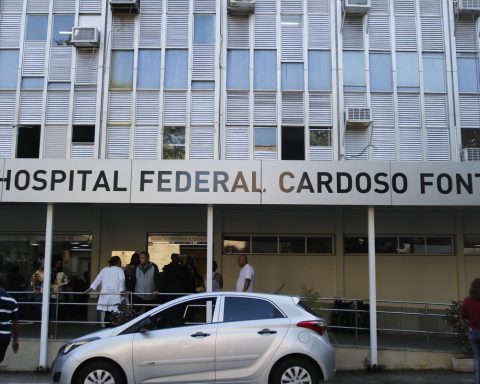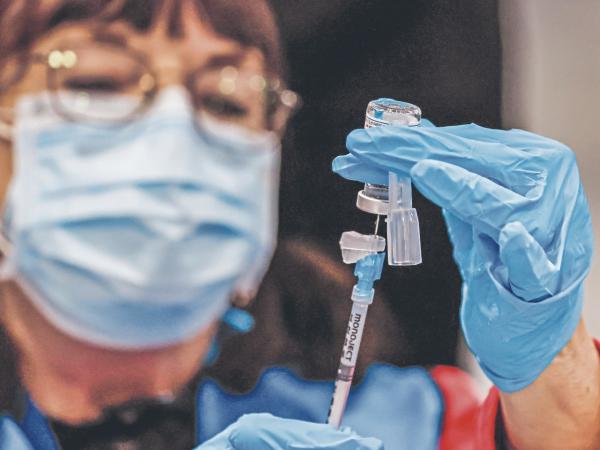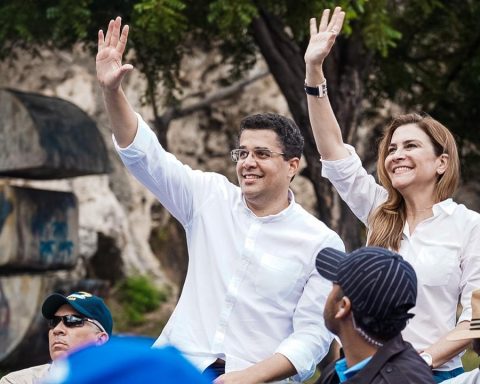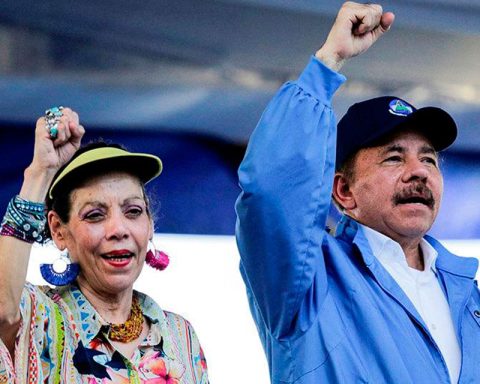Driven by mandatory expenses and the rapporteur’s amendments, the stock of outstanding payables will total BRL 233.7 billion in 2022, with an increase of BRL 5.8 billion (5.6%) over 2021, when outstanding payables totaled BRL 227.9 billion. The estimate was released today (27) by the National Treasury.
When considering inflation, however, there will be a real drop of 6.8% compared to last year. Remains payable are amounts committed (authorized) in one year that are left for subsequent years.
According to the Treasury, of the BRL 233.7 billion forecast for this year, BRL 74.7 billion (32%) has been processed, has already gone through the liquidation phase, when the government has already verified whether the service has been performed or the good purchased has been delivered, and all that remains is the payment. The remaining R$159 billion (68%) was not processed and could be canceled during the year.
In relation to mandatory expenditures, there will be an increase of R$ 9.1 billion in the remaining payables. The highlights are subsidies, grants and Proagro (R$ 2.7 billion), Social Security benefits (R$ 2.2 billion), Union complementation to Fundeb (R$ 1.5 billion) and expenses of the Legislative, Judiciary , the Federal Public Ministry and the Federal Public Defender’s Office (R$ 1.4 billion).
Remains payable related to discretionary (non-mandatory) expenditures will rise by R$5.9 billion. Most of this growth is due to spending by the Ministry of Regional Development, which may spend BRL 4.6 billion more in funds from previous years compared to 2021.
Enrollment in remaining payables from committee amendments and the budget’s general rapporteur will increase by R$6 billion in 2022, between mandatory and discretionary expenses. Of this total, R$ 4.7 billion were allocated to the Ministry of Regional Development.
The growth in other expenses was offset by the drop in the remaining payables related to transfers from the Union to states and municipalities. The use of funds from previous years in transfers from the State Participation Fund, Municipal Participation Fund and refunds of the Tax on Industrialized Products (IPI) on exports will fall by R$ 7.7 billion. Transfers from Constitutional Funds with funds from previous years will fall by R$ 1.6 billion.
Pandemic
According to the National Treasury, the volume of outstanding payables related to the fight against the covid-19 pandemic by federal agencies will total R$ 15.7 billion, a decrease of 2.5% compared to last year (R$ 16.1 billion). billion).
The three largest volumes in the registration of remaining payables in this modality are expenses related to the retroactive of the Emergency Aid (R$ 5.6 billion), additional expenses of the Ministry of Health and other ministries (R$ 4.9 billion) and purchase of vaccines (R$ 4.4 billion).
Of the remaining payables related to the fight against the pandemic, R$ 13.4 billion (85.4% of the total) come from extraordinary credits. Under the Constitution, extraordinary credits are outside the federal spending ceiling.
Despite not interfering with the spending ceiling, extraordinary credits are recorded in compliance with the primary deficit target, a negative result in government accounts excluding interest on public debt. The 2022 General Budget of the Union establishes a deficit forecast of R$ 79.3 billion for this year.
Categories
Of the total of R$ 233.7 billion for this year, 79.5% refer to funds committed (authorized) in 2021 and 20.5% correspond to amounts committed in previous years. About two-thirds of the outstanding payables committed last year belong to the category “other current expenses”, followed by investments (public works and purchase of equipment), which represent 15.7%.
















